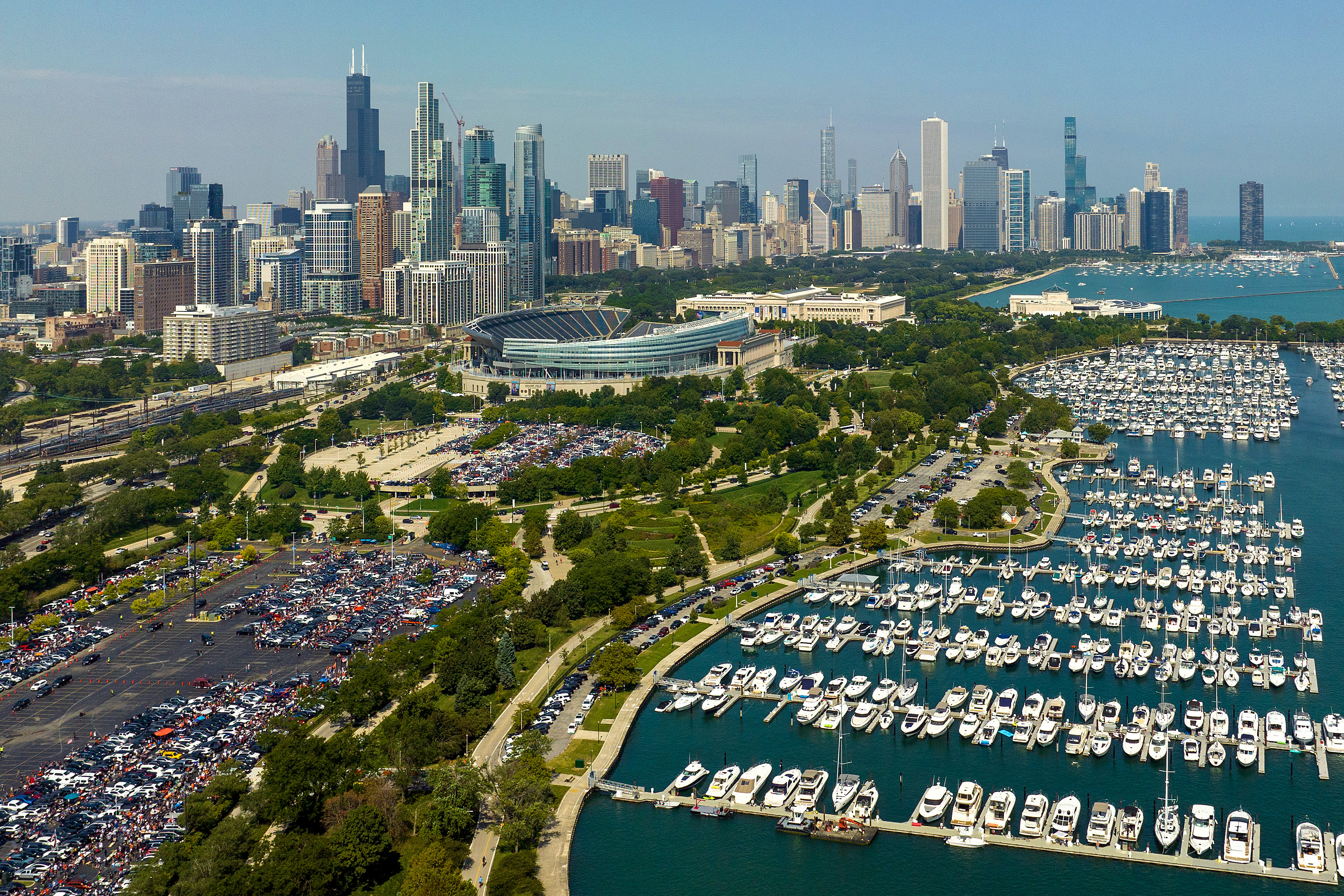The “Bring Chicago Home” referendum will give city voters an opportunity to determine how real estate transfer taxes are assessed, but how would the program work?
According to supporters, the measure would help generate funding to address homelessness concerns in the city, providing monies for various projects and shelter initiatives.
Some voters may have questions about the measure, including the altered tax rates, who would administer the funds, and when the legislation would go into effect.
To help answer those queries, we’ve assembled a list of answers on the proposed ordinance.
Feeling out of the loop? We'll catch you up on the Chicago news you need to know. Sign up for the weekly Chicago Catch-Up newsletter here.
How would “Bring Chicago Home” change tax assessments?
Rather than taxing property specifically, transfer taxes only apply when a property is sold, whether that be a residential or a commercial property.
As things stand, all real estate transfers in the city are taxed at a rate of $3.75 per $500 of assessed value.
Local
Under the new proposal, that tax would instead be changed to a graduated rate. For property values under $1 million, the tax rate would be $3 for every $500, a reduction of 20%.
For property value over $1 million and over $1.5 million, the tax rate would increase to $10 per $500 in value, an increase of 166.67%. Finally, any value over $1.5 million would be taxed at a rate of $15 for every $500 in value, an increase of 300%.
Supporters of the measure say that would decrease the transfer tax rates for 94% of properties in the city, but opponents warn that it could have a damaging impact on commercial real estate transfers, causing fewer businesses to relocate into the city.
READ: A complete voter's guide to the 2024 primary election
What would the money go toward?
The point of the ordinance would be to raise money to help Chicago residents who are experiencing homelessness, according to supporters.
Under the terms of the proposed law, money would be used exclusively toward “any support provided by the city or a delegate agency selected by the city to people experiencing or at risk of homelessness, including providing permanent affordable housing and the services necessary to obtain and maintain permanent housing.”
Money would also be allocated toward capital costs at existing congregate shelters, and would also be used to provide beds and housing during times of extreme and severe weather, and toward operational costs involving pay equity for employees at shelters in the city.
Finally, the funds would be available to all residents, regardless of immigration status.
Who would oversee the funds?
Under terms of the proposed ordinance, the “Bring Chicago Home” advisory board would be created to oversee proposals and distributions of funds toward programs associated with the law.
The board would be comprised of three non-voting ex officio members, selected by virtue of public offices held. Five more non-voting members would be termed “designated members,” pulled from public and private sector areas. Finally, 15 members would be appointed by the mayor and the Chicago City Council, and would serve three-year terms. They would be given voting powers on the board.
The board would be tasked with holding public meetings and engaging in community outreach. Public hearings would be held to discuss recommendations.
The board would present the mayor and City Council with spending recommendations no later than May 31 of each year.
They would also be required to establish goals and metrics to measure success.
When would the proposed ordinance take effect?
If voters approve the measure, the Chicago City Council would be required to draft a final version of the ordinance, and would have to approve it and send it to Mayor Brandon Johnson for final approval.
According to the draft ordinance, it would be set to take effect on Jan. 1, 2025.



